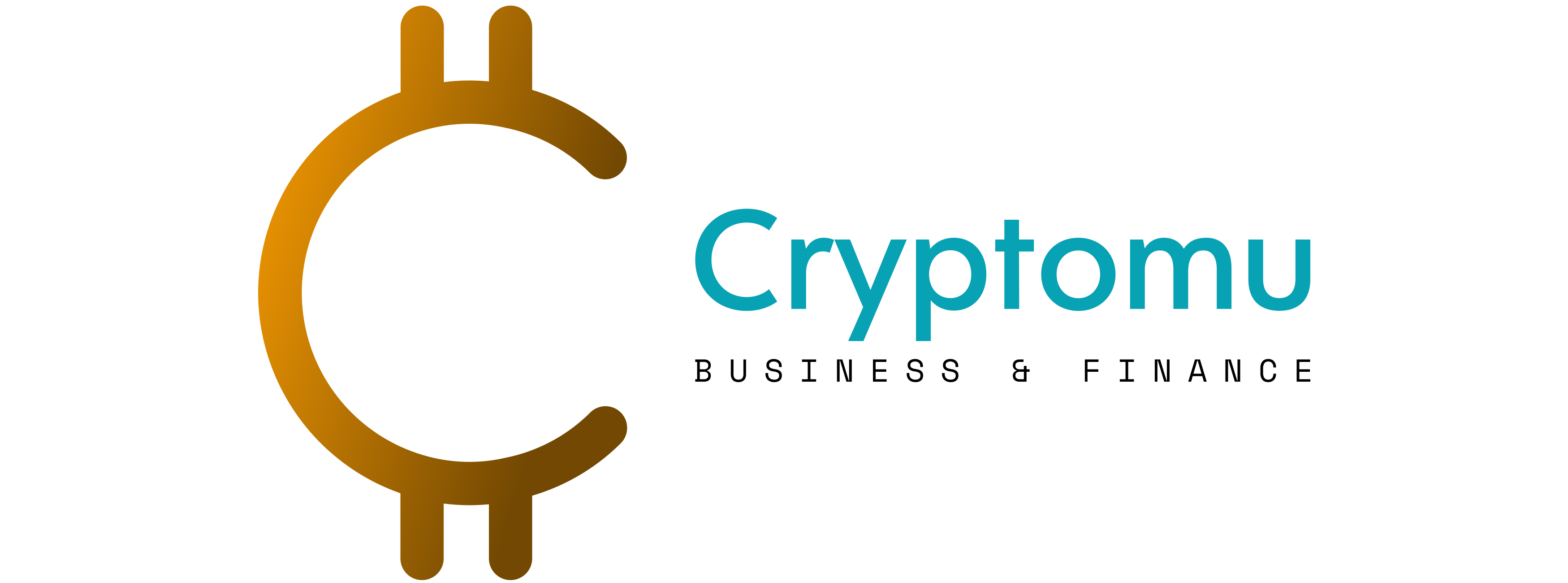An installment loan allows you to borrow money that you’ll pay back over a period of time in monthly installments. There are different types of installment loans, including personal loans that can help you cover big expenses or projects, and auto loans for buying a car. There are also debt consolidation loans when you need to transfer high-interest debt to a loan with a lower annual percentage rate, or APR. Buy now, pay later apps are another type of installment loan, which let you buy items and services you can’t fully afford upfront.
Though every lender has its own requirements, fees and interest rates, the best installment loans have low fixed-rate APRs, fixed monthly payments and flexible terms. All that will prove advantageous to your budgeting: It means you can factor in exactly how much you owe each month and know when your final payment will be made.
We’ve evaluated major types of installment loan providers and highlighted the best options below. We’ll update this list regularly as terms change and new loan products are released.
Note: All the starting annual percentage rates, or APRs, here are based on a borrower having an excellent credit score of 800 or above. If your credit score is lower than that, you may be approved at a higher rate. The APRs listed are current as of June 24.
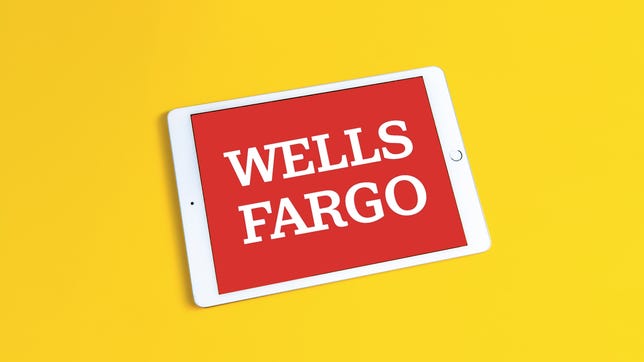
Sarah Tew/CNET
- APR: 5.74% to 20.99%
- Loan amount: $3,000 to $100,000
- Loan terms: 12 to 84 months
- Time to receive funds: As soon as 1 business day
- Prequalification: Yes
- Origination fee: None
- Co-signer/joint applicant option: No
If you need a large stream of capital for any purpose, this big national lender might be the best choice for you. Wells Fargo offers an array of interest rates across a range of credit scores, as well as flexible repayment terms and loan amounts. If you have a Wells Fargo checking account, you can get a 0.25% or 0.50% interest discount. However, be aware that Wells Fargo is known to charge significant late fees, as well as nonsufficient-fund fees if you don’t have enough in your bank account to cover a payment.
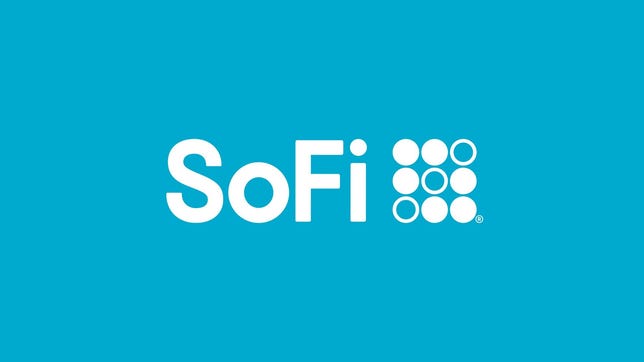
SoFi
- APR: 6.99% to 22.23%
- Loan amount: $5,000 to $100,00
- Loan terms: 36 to 84 months
- Availability: All states except Hawaii and New York
- Prepayment penalty: No
Social Financing, or SoFi, offers competitive rates on debt consolidation loans, which allow you to combine multiple forms of high-interest debt, such as credit cards, into a more manageable fixed-rate loan. It has low interest rates and does not charge processing, prepayment or late fees. SoFi also offers autopay discounts and offers free financial advising. Its unemployment protection service is a notable feature, allowing you to lower your payments for up to 12 months if you lose your job.
You’ll need decent credit to get approved with SoFi — its minimum credit score requirement is 680. SoFi also does not offer loans in Hawaii or New York.
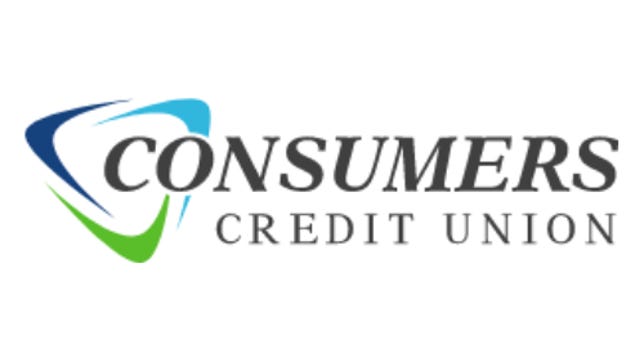
Consumers Credit Union
- APR: For Consumers Credit Union members, rates start at 3.49% (for 2020 or newer vehicles), 3.74% (for 2016-19 vehicles)
- Loan amounts: $250 to $100,000
- Loan terms: 0 to 84 months
- Availability: Branches across Illinois, shared branches nationwide
- Prepayment penalty: No
Though this credit union is based in Illinois, membership is available nationwide. Consumers Credit Union offers a wide range of loan amounts and terms, as well as great rates for new car loans. In order to become a member, you need to provide a valid ID, two recent pay stubs, two recent tax returns, two utility bills and five references, and pay a $5 fee.
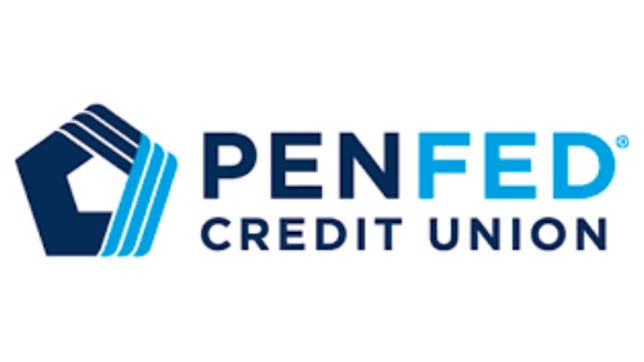
PenFed Credit Union
- APR: Through the PenFed Car Buying Service, rates start at 2.19% (new car loans), 3.59% (used car loans)
- Loan amounts: $500 to $150,000
- Loan terms: 36 to 84 months
- Availability: 50 states
- Prepayment penalty: No
Pentagon Federal Credit Union is a great option if you want to buy a new car — and isn’t too shabby for used car loans either. Offering the lowest rates for members, this credit union offers rates of 2.19% and 3.59% for new and used cars respectively when purchased through the PenFed Car Buying Service. Membership is open to anyone who opens a PenFed saving account with a minimum $5 deposit.
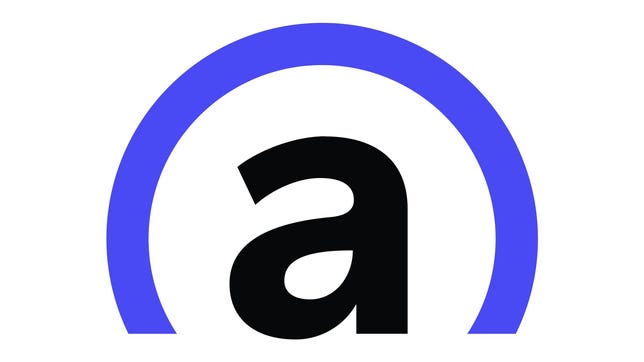
Affirm
- APR: No interest for Split Pay; 0% to 30% for biweekly and monthly payment options
- Loan amounts: Up to $17,500, maximum decided by credit score, payment history and ability to pay
- Loan terms: 6 weeks to 60 months
- Availability: All 50 states
- Prepayment penalty: No
Buy now, pay later apps are micro-installment loans that you can use to purchase goods or services now and pay them back over time. A standout among BNPL apps, Affirm offers a variety of payment options ranging from the standard six-to-eight week installment plans to 60-month installments. Affirm also offers instant prequalification, a high purchase limit of $17,500 and virtual and physical cards that enable you to shop at anywhere that accepts Visa.
Affirm’s payment plans include a Split Pay option, which divides your total cost into four interest-free installments, paid every two weeks, with the first payment due at the time of checkout. If needed, you can stretch the repayment timeline to eight weeks, eliminating an upfront payment.
What’s unique is that this BNPL service also offers flexible biweekly and monthly payment plans, ranging from six weeks to 60 months. Keep in mind, however, that these longer plans could come along with interest rates, depending on your credit score and previous BNPL repayment history. (Affirm charges up to 30% in interest, one of the highest interest rates available for BNPL services.) It’s worth noting that BNPL apps charge simple interest, meaning that interest will only accumulate on the loan itself, not on any interest that accrues — unlike credit cards, which charge compound interest. Affirm is upfront about its interest rates once you apply for loan approval, and you’ll be able to see your rate and how much interest you’ll pay.
Types of personal installment loans
Personal loans
A personal loan is money borrowed from a bank or other financial lender that you can use to consolidate debt, finance a home improvement project or gain access to a large stream of capital. You can use a personal loan for just about any purpose, but many lenders restrict you from using these funds to pay off student loans or higher education costs. Personal loans are often a more affordable alternative to credit cards, and also offer lower interest rates and more flexible repayment terms.
Check out CNET’s picks for best personal loans.
Debt consolidation loans
If you have high-interest credit card debt, past-due medical bills or other types of personal debt, a debt consolidation loan lets you combine several loans into one personal loan. Consolidating multiple monthly payments into one fixed payment can make your debt easier to manage — and you may be able to lock in a lower interest rate than you currently pay.
Check out CNET’s picks for best debt consolidation loans.
Car loans
Auto loans are funds that can be used to purchase an old or new vehicle. Auto loans differ from personal loans in that they are secured by the car you purchase — this means your vehicle acts as the loan’s collateral. So, if you fail to make the necessary payments or default on your auto loan, your lender can take your vehicle to compensate for its loss.
Check out CNET’s picks for best car loans.
Buy now, pay later plans
This popular alternative to credit cards allows you to purchase products and services now and repay the balance over a set period of time. Many BNPL apps offer payment plans that span six or eight weeks and are interest-free, though many charge late fees.
BNPL apps may also offer payment plans that span months or years. These longer installment plans usually charge interest. A major difference between BNPL apps and credit cards is that credit cards charge compound interest, meaning interest can be charged upon both the initial sum and any additional interest that accrues. BNPL apps charge simple interest, meaning interest is solely charged on the initial sum.
Check out CNET’s picks for best buy now, pay later apps.
Student loans
Higher education costs, like college tuition, can be financed with a student loan. A student loan is money borrowed from the government or a private lender to help pay for college.
Federal student loans are always fixed-rate loans — the rates remain the same over the lifetime of the loan. These loans have lower interest rates than private loans and are easier to apply for if you have low or no credit, since they’re backed by the federal government.
Private student loans have either fixed-interest rates or adjustable-interest rates — rates that remain fixed only for a set period of time, and then go up or down depending on the economy. Private student loans also generally have higher interest rates than federal student loans.
You typically do not have to make monthly payments on either federal or private student loans until six months after you graduate, but there are sometimes exceptions for students who have been enrolled more than four years or who stop attending school.
Home loans
Home loans or mortgages are also installment loans — you borrow a sum of money and pay it back over time. Standard terms for home loans are 15 or 30 years, but 10 and 20 year options are available. Mortgages have either fixed or adjustable interest rates.
Similar to auto loans, mortgages are also secured loans, meaning they are backed by the asset you’re buying. Your home serves as the collateral, and if you’re unable to pay your home loan for several months, the lender could repossess your house through the process of foreclosure.
FAQs
Can I get an installment loan with bad credit?
While a high credit score can improve your chances of getting approved for an installment loan, it’s possible to get a loan if your credit score is lower. You should expect to get approved at a higher interest rate, and may be required to pay extra fees, such as origination fees (charges for processing your loan).
Check out CNET’s picks for best loans for bad credit.
Will applying for an installment loan hurt my credit score?
Whenever you apply for a loan, lenders will run a hard credit check, which could temporarily cause your credit score to drop slightly. However, making on-time payments will help boost your credit score over time by showing you’re a trustworthy borrower.
The one exception on this list is Affirm. BNPL apps may run soft credit checks (which do not impact your credit score) when approving you for micro loans. Affirm may run a soft or hard credit pull, depending on the type of loan you’re applying for.
Are installment loans secured or unsecured?
Generally, personal loans are unsecured, which means you do not need to provide collateral to get approved. A secured loan requires collateral for approval. Auto loans and mortgages are two common examples of secured loans, where the vehicle or home you’re buying would act as collateral for your loan.
More loan advice
The editorial content on this page is based solely on objective, independent assessments by our writers and is not influenced by advertising or partnerships. It has not been provided or commissioned by any third party. However, we may receive compensation when you click on links to products or services offered by our partners.
